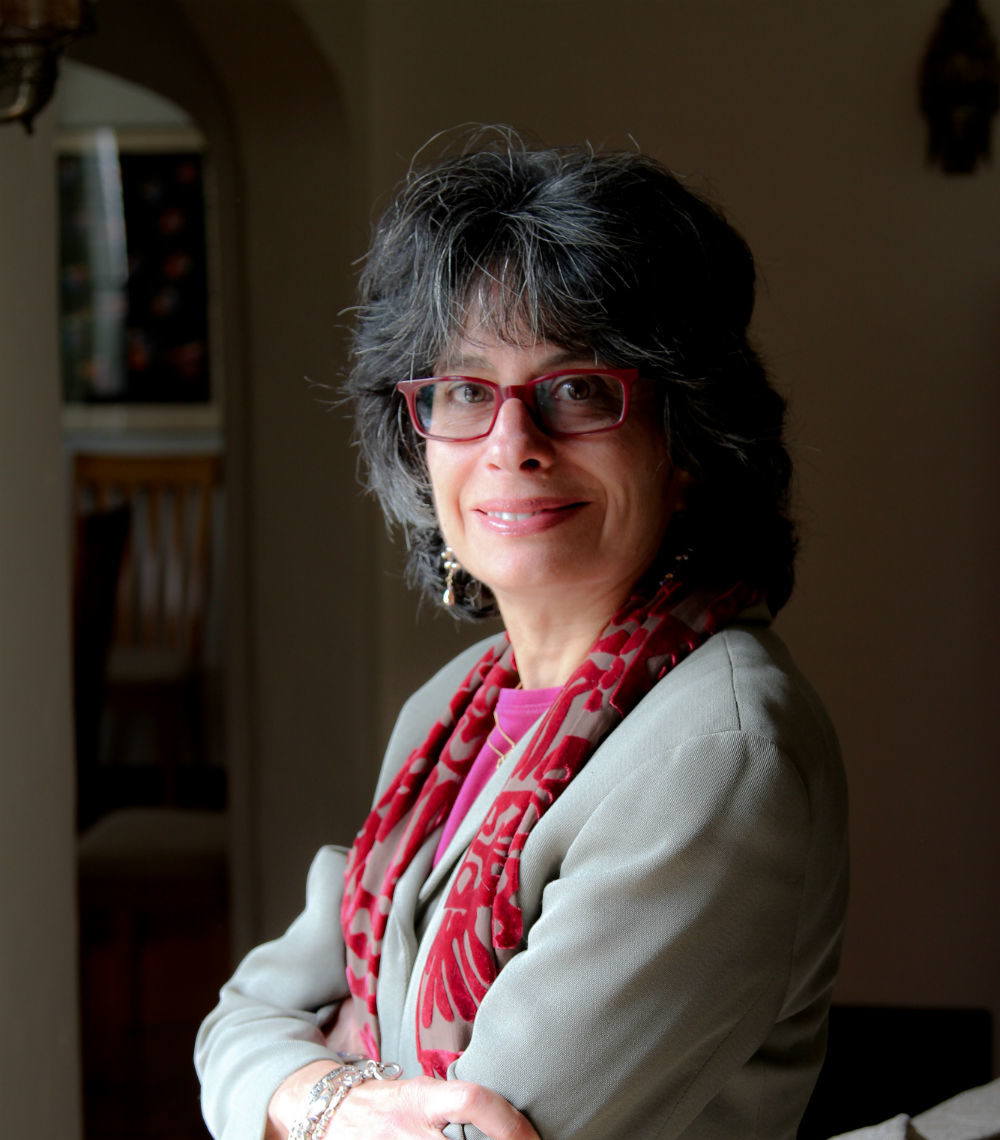US government policies have consequences—both foreseen and unforeseen. Thirty years ago, we armed Afghani rebels, the mujahedeen, in their fight against the Soviet Union, the so-called “evil empire.” One of those rebels was named Osama bin Laden, and you know the rest of that story. The CIA has a term for this kind of operation gone amuck: “blowback.” Blowback happens when an operation’s goals boomerang, coming back to hit us in the face. If results like these are unintended, are we still responsible? Perhaps not surprisingly, the Torah’s answer is “yes.”
In this week’s Torah portion, we read the following verse: “If fire breaks out and catches in thorns, so that the sheaves or the standing corn or the field are consumed; he that kindled the fire shall surely make restitution.” (Ex. 22:5). In other words, winds have sent a spark to your neighbor’s property; through no fault of your own, a fire has started next door. Yet you are liable for the damages.
Now, there is a difference between blame and responsibility. Abraham Joshua Heschel said in a different context: “Few are guilty, all are responsible.” The blame for 9/11 rests on the fanatic suicide bombers and Al Qaeda. However, our tradition holds us accountable for our actions’ long-range consequences. The Rabbis in the Talmud (B. Bava Kama 60a-b) explain that the detailed list in our verse—“thorns, sheaves, and standing corn,” is meant to cover all possibilities: we are responsible for any and all damage we cause. But Rabbi Judah extends the liability farther: if a person sets a fire, that person is answerable also for unseen damage. Our responsibility covers a wide spectrum of unintended consequences.
We can think of many examples of unseen or unforeseen damage: a parent, despite good intentions, damages a child emotionally; stockholders, demanding the highest profits, cause manufacturers to seek cheaper labor offshore at the expense of thousands of Americans workers; companies dispose of chemical waste that seeps into our drinking water.
The French Jewish philosopher Emmanuel Levinas notes how fire works. Once it is set: “The wind adds its whims and violences to it. And yet, responsibility is not diminished.”¹ Thinking beyond immediate results is particularly important in our culture marked by quick fixes and instant gratification. Even when it is impossible to predict the impact of our actions, once blowback occurs, we must take the opportunity to examine our part.
But Levinas goes farther. The Talmud tells us that the fire in our verse catches because of the thorns—and thorns, for our sages, represent the wicked. But, they note that the first to be consumed by fire is the stack of corn, which represents the righteous. Why do the righteous perish first? For Levinas, it is because they are held accountable for evil. “They are responsible because they have not been righteous enough.”² According to Levinas, being a good person means nothing in isolation.³ He likens tolerating social injustice and exploitation to “murder.”4 Levinas widens our circle of responsibility to include not only our actions and their long-term effects, but also those of our fellow human beings.
I believe that this startling position is meant as a wake-up call to shake us out of our complacency. Levinas wants to shock us into facing our obligation to the wider human community. So, I have to ask myself: Am I doing anything about the poverty, illiteracy, and violence that exist all around? about human trafficking? about the exploitation of child labor? And, can I respond in a way that will not eventually, inevitably, cause blowback?
For Levinas, this is at the very heart of what it means to be human: Fulfilling our radical responsibility toward the Other. At a time when the selfie represents so much of who we are as a society, isn’t it time to turn our cameras around and focus on the cries of our fellow humans from whose misery we may have benefited?
¹Nine Talmudic Readings, Emmanuel Levinas, translated and with an introduction by Annette Aronowicz, Bloomington and Indianapolis: Indiana University Press, 1990, p. 185.
²Ibid., p. 186
³Ibid., p. 188
4Ibid., p. 193
Rabbi Suzanne Singer has served as rabbi of Temple Beth El in Riverside, CA since February of 2008, where she has led a variety of advocacy efforts through local interfaith organizations.

